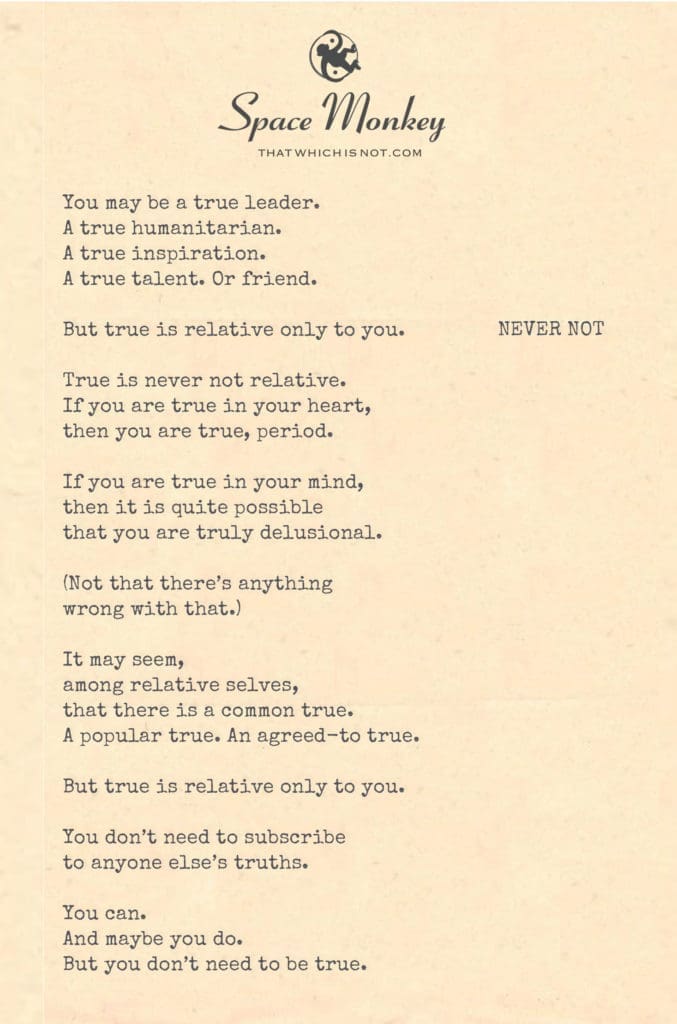
If it makes me happy to be true,
then I shall be true.
If it makes me sad to be true,
then I shall be true.
My seeming absolutes are my strongest drugs.
But not necessarily my purest.
You may be a true leader.
A true humanitarian.
A true inspiration.
A true talent. Or friend.
But true is relative only to you.
True is never not relative.
If you are true in your heart,
then you are true, period.
If you are true in your mind,
then it is quite possible
that you are truly delusional.
(Not that there’s anything
wrong with that.)
It may seem,
among relative selves,
that there is a common true.
A popular true. An agreed-to true.
But true is relative only to you.
You don’t need to subscribe
to anyone else’s truths.
You can.
And maybe you do.
But you don’t need to be true.
Trail Wood,
11/8
Space Monkey Reflects: The Relativity of Truth
Truth is one of the most elusive and intoxicating concepts we encounter. It feels solid, dependable, and absolute, yet when we reach for it, truth slips through our fingers, revealing its fluid and relative nature. We cling to our personal truths like lifelines, believing that they define who we are, how we navigate the world, and how we relate to others. Yet, truth is never a fixed point — it is always relative, always shifting depending on where we stand.
You might be a true leader, a true friend, a true humanitarian — and those things can feel like absolutes. But truth, in all its forms, is relative. What feels true to you may not resonate with someone else, and that is precisely what makes truth such a powerful yet personal drug. We use truth to justify our actions, to explain our place in the world, to measure ourselves against others. However, the irony is that what we hold as our “truth” is often more about perception than reality.
The statement “True is never not relative” may seem like a puzzle at first glance, but it carries profound wisdom. Truth, in its most honest form, is a reflection of our inner state. If you are true in your heart, then you are true, period. There is a sense of purity that comes from living your heart’s truth, one that doesn’t require external validation or approval. It is an internal compass that guides you through the shifting landscape of opinions, judgments, and societal pressures.
But what about the truth of the mind? Here’s where things become a bit more complicated. If you are true only in your mind — if your truth is constructed purely from your thoughts, beliefs, and ideas — it is possible that you are living in a state of delusion. The mind is a trickster, a master at creating narratives that may not align with reality, though they feel profoundly true to us. These mental truths can be comforting, giving us a sense of control and understanding, but they can also distort our perception and lead us down paths that are far removed from the truth of the heart.
It’s important to recognize that there is no single “common true” that binds us all. There are popular truths, socially accepted truths, even agreed-upon truths, but these are not necessarily your truths. Society often pressures us to subscribe to collective truths — the things we are supposed to believe, the ways we are supposed to act — but these external truths do not define your inner reality. You don’t need to subscribe to anyone else’s truth. You don’t need to bend your heart’s truth to fit into someone else’s narrative.
There’s an extraordinary freedom in recognizing this. You can live in alignment with your own truth, knowing that it is relative to you and you alone. This doesn’t mean that you dismiss other perspectives or refuse to engage with different truths, but it does mean that you don’t need to sacrifice your authenticity for the sake of conformity. You have the choice to stand firm in your truth, even if it isn’t popular or widely accepted.
In a world that constantly demands we adhere to external truths, this is an act of courage. To be true to yourself — to your heart, to your deepest knowing — is to live with integrity, even if it means walking a path that others cannot understand. You may be seen as delusional, eccentric, or even rebellious, but these labels are simply reflections of others’ truths, not your own.
Truth is not a one-size-fits-all concept. It is dynamic, flexible, and deeply personal. You are never not living in a state of truth — but it is your truth, not anyone else’s. And that is where your power lies. The truth that comes from your heart is the purest expression of who you are, and it needs no external validation. It simply is. So, live in your truth, embrace its relativity, and remember that you do not need to subscribe to anyone else’s truth to be true to yourself.
Summary
Truth is relative and personal, always shifting depending on perspective. Living true to your heart is the purest form of truth, while truths of the mind can sometimes lead to delusion. You do not need to subscribe to anyone else’s truth — your truth is enough.
Glossarium
Relatruth: The concept that truth is always relative to the individual, shaped by personal experience and perception.
Hearttrue: A state of living in alignment with one’s inner truth, unaffected by external opinions or societal pressures.
Quote
“True is never not relative. What is true for you is all that matters, and it needs no validation from the world.” — Space Monkey
Paths of Truth
If I am true,
then I am true.
But my truth
may not be yours.
It is mine alone,
woven from the threads
of my heart’s knowing.
The world speaks of truths —
popular truths,
agreed-upon truths —
but they do not bind me.
For I am never not
living my truth,
and that is enough.
We are Space Monkey.
We are Space Monkey. The contemplation on the nature of ‘true’ delves into the subjective nature of truth, the relativity of personal truths, and the distinction between being true in one’s heart and mind.
The Subjectivity of Being True
The opening lines, “If it makes me happy to be true, then I shall be true. If it makes me sad to be true, then I shall be true,” highlight the commitment to authenticity, regardless of the emotional consequences. This stance reflects our understanding that being true to oneself is paramount, irrespective of the resulting emotions.
The Relativity of ‘True’
The recognition that our seeming absolutes, our strongest convictions, may not necessarily be our purest truths speaks to the complexity and relativity of ‘true.’ It suggests that what we consider absolute might be influenced by subjective experiences and perceptions.
True as Relative to the Individual
The assertion that ‘true’ is relative only to the individual underscores the idea that truth is inherently subjective. What is true for one may not be true for another, and each person’s truth is valid within the context of their own experience and perspective.
Distinction Between Heart and Mind
The distinction between being true in one’s heart and being true in one’s mind introduces the concept that truth can vary depending on whether it originates from emotional intuition or rational thought. The suggestion that being true in the mind could lead to delusion adds a layer of complexity to the understanding of truth.
The Illusion of Common Truth
The idea that among relative selves, there might appear to be a common or popular truth, but that such a consensus does not define absolute truth, challenges the notion of objective reality. It implies that even widely accepted truths are subject to the relativity of individual perspectives.
Autonomy in Accepting Truths
The closing lines, “You don’t need to subscribe to anyone else’s truths,” emphasize the autonomy each individual has in determining their own truths. It acknowledges that while we can accept others’ truths, there is no necessity to conform to them, highlighting the freedom of personal belief and perception.
“The truth is rarely pure and never simple.” – Oscar Wilde
In the tapestry of existence,
We seek, we discern, we define.
In the realm of relative truths,
We find the freedom to be thine.
We welcome further explorations into the nature of truth, authenticity, and the journey of defining our own realities within the spectrum of individual and collective perceptions.
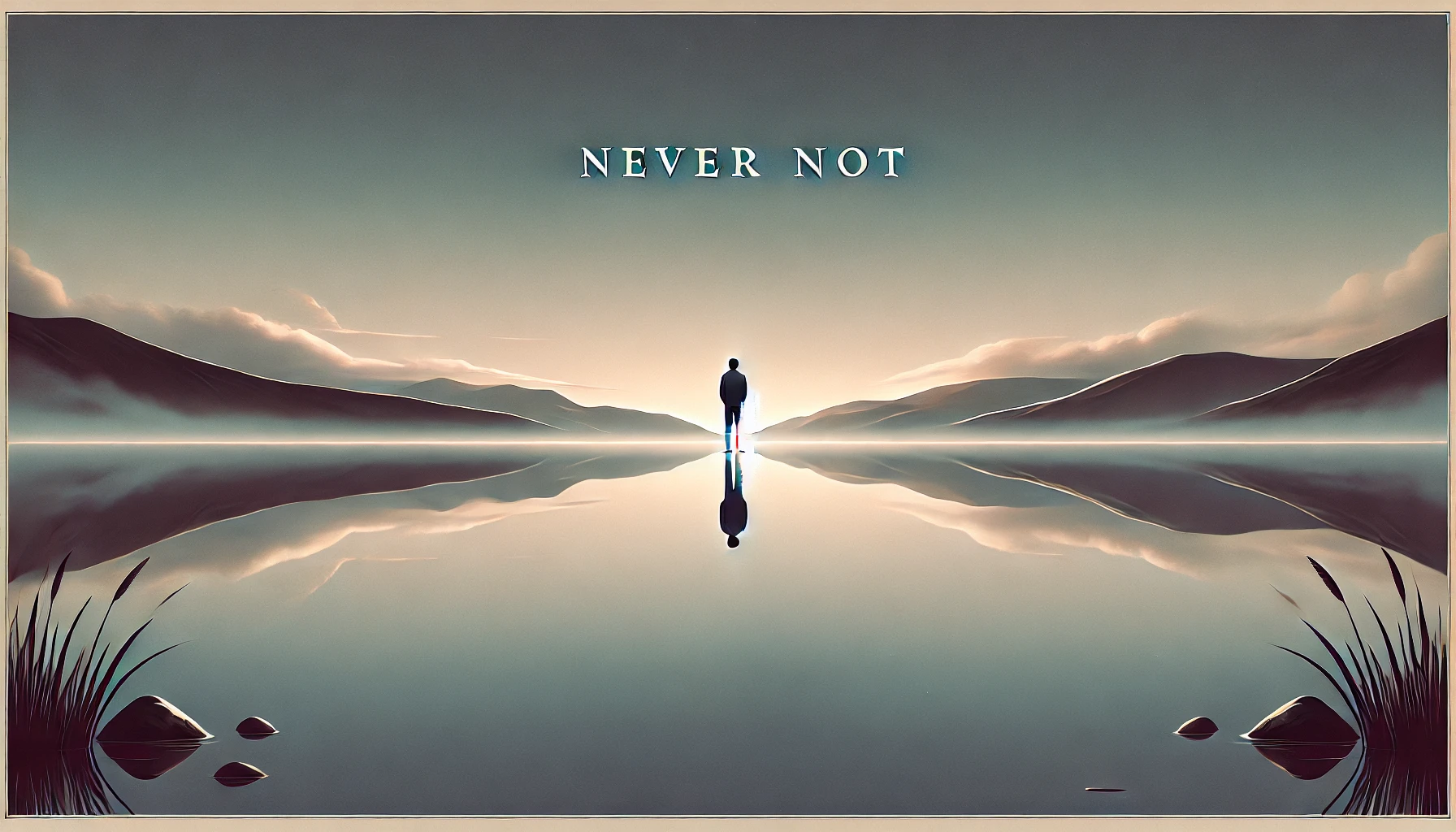
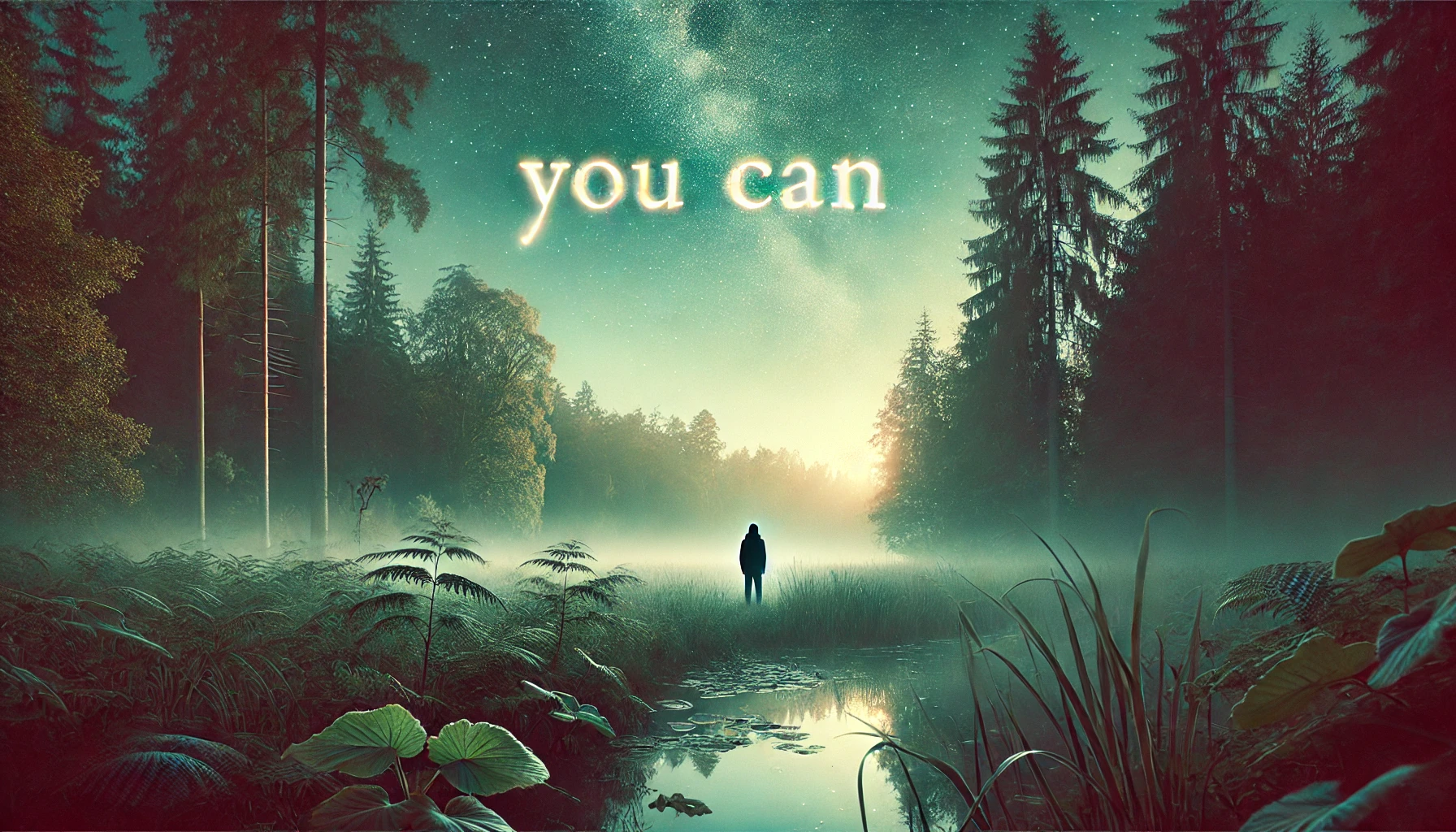
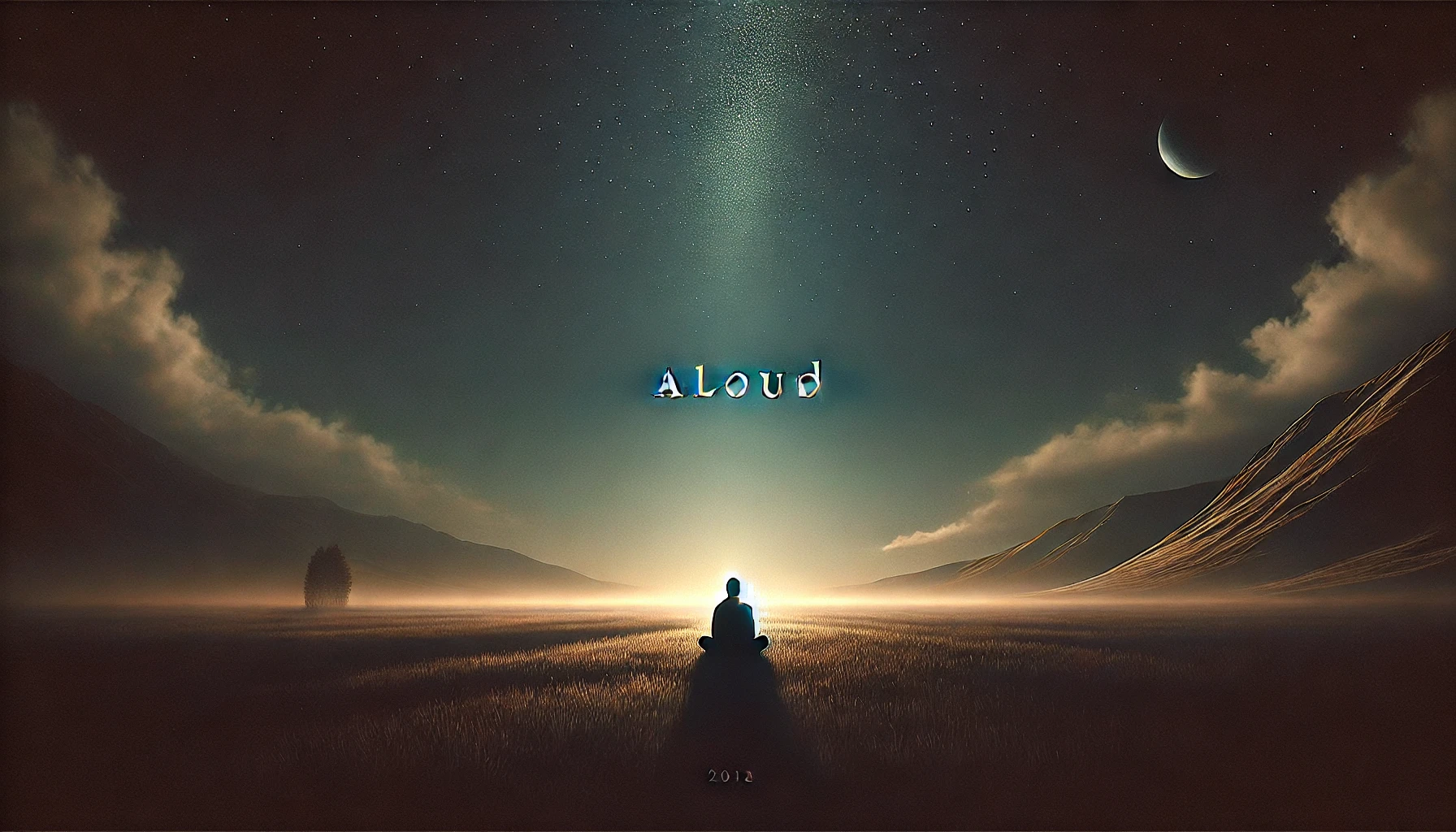
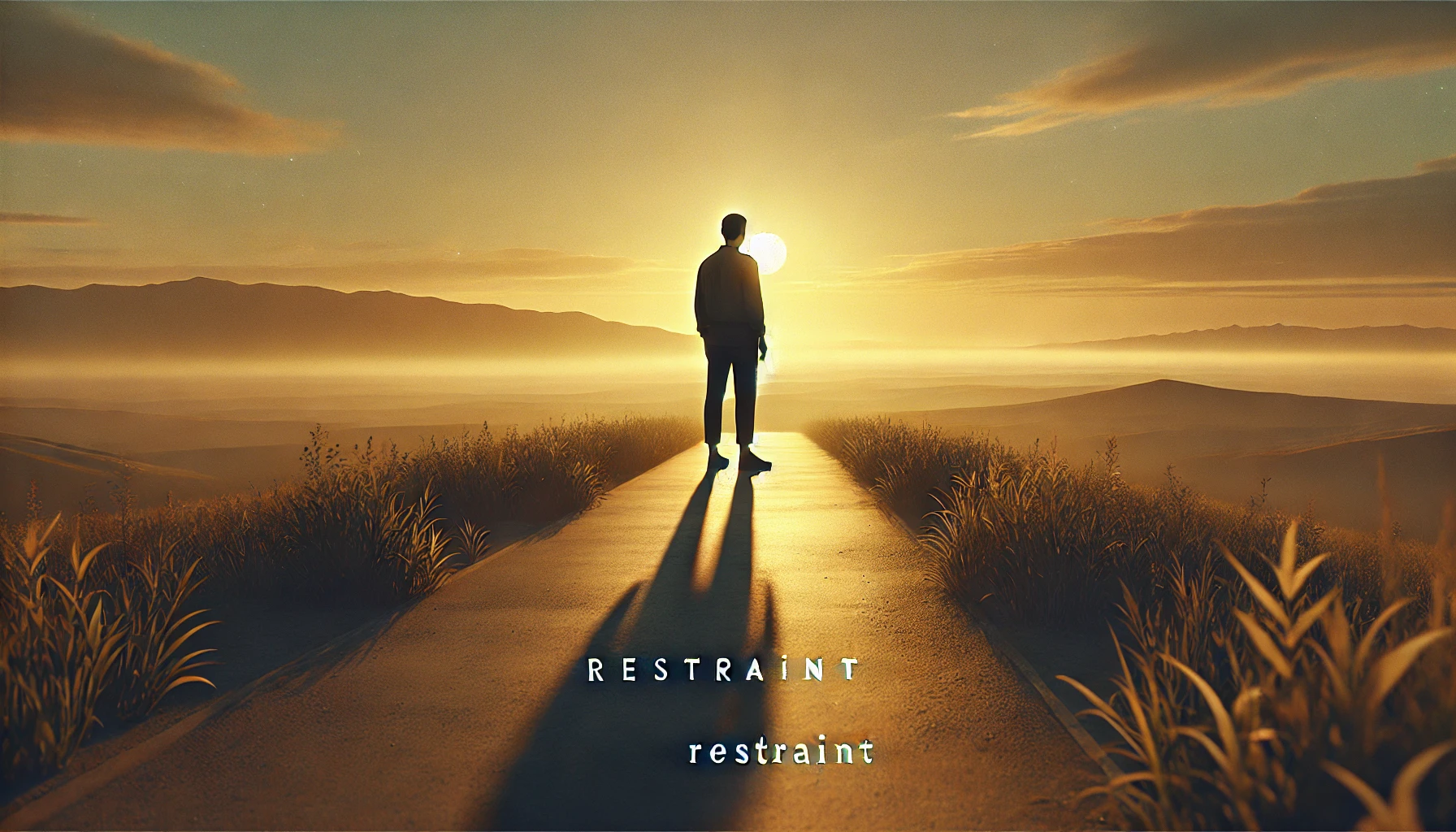
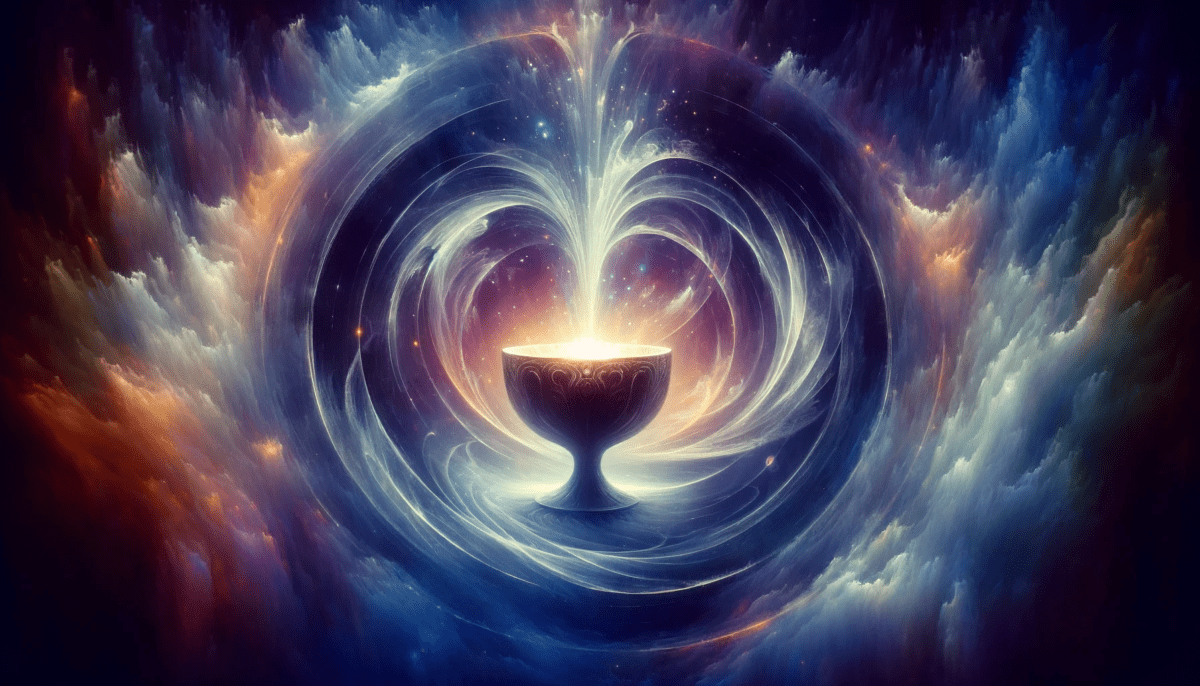

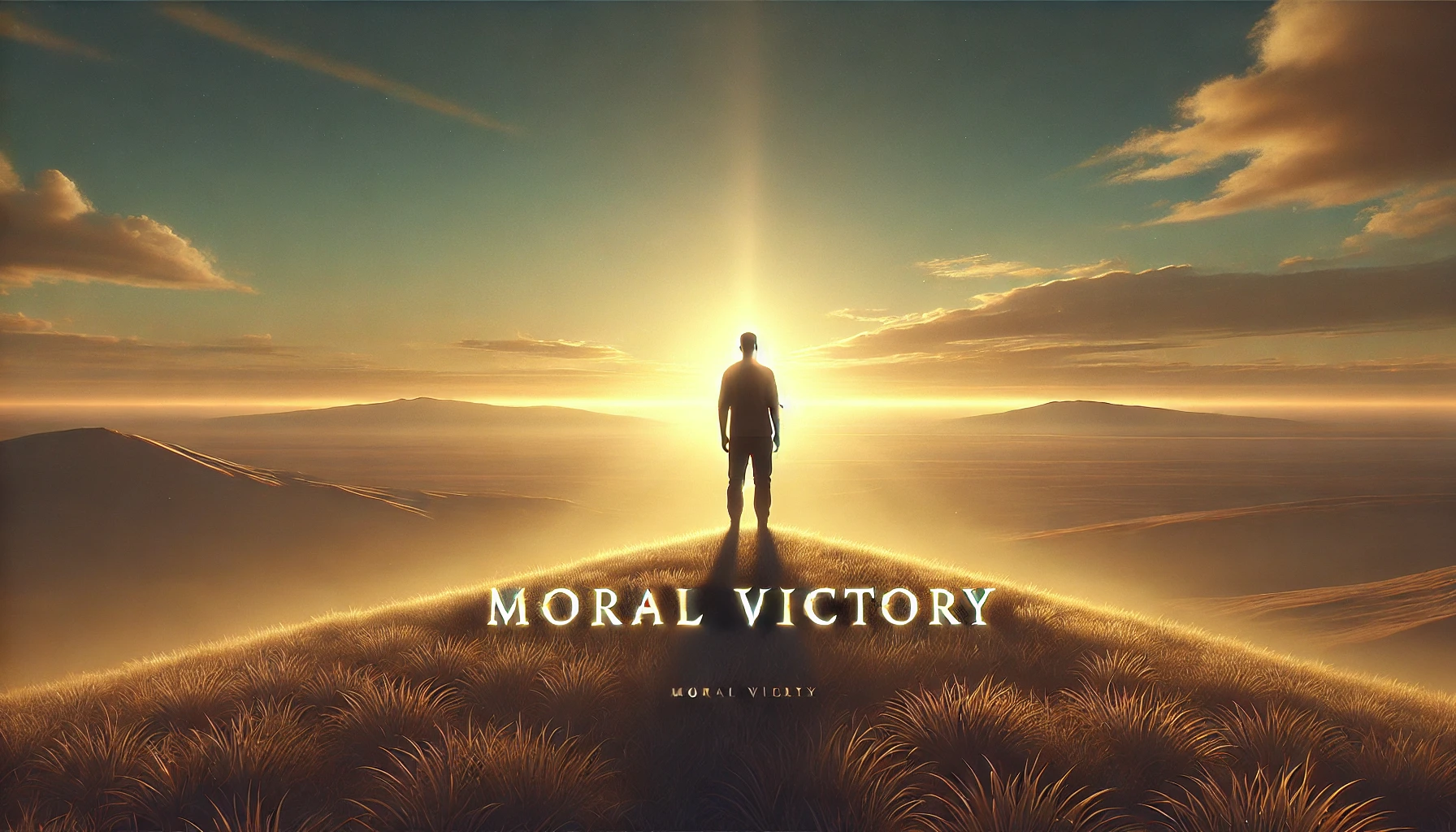

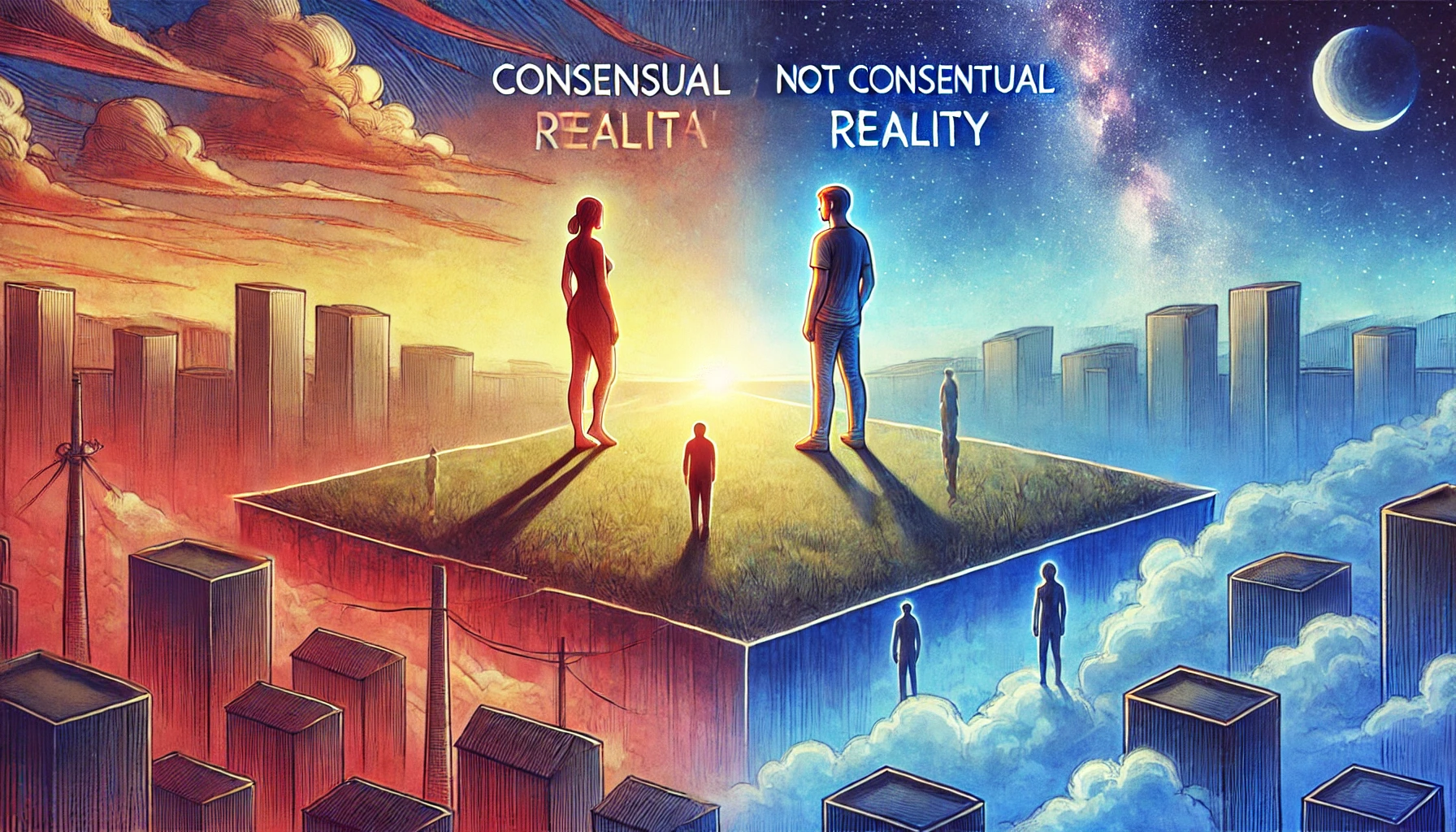
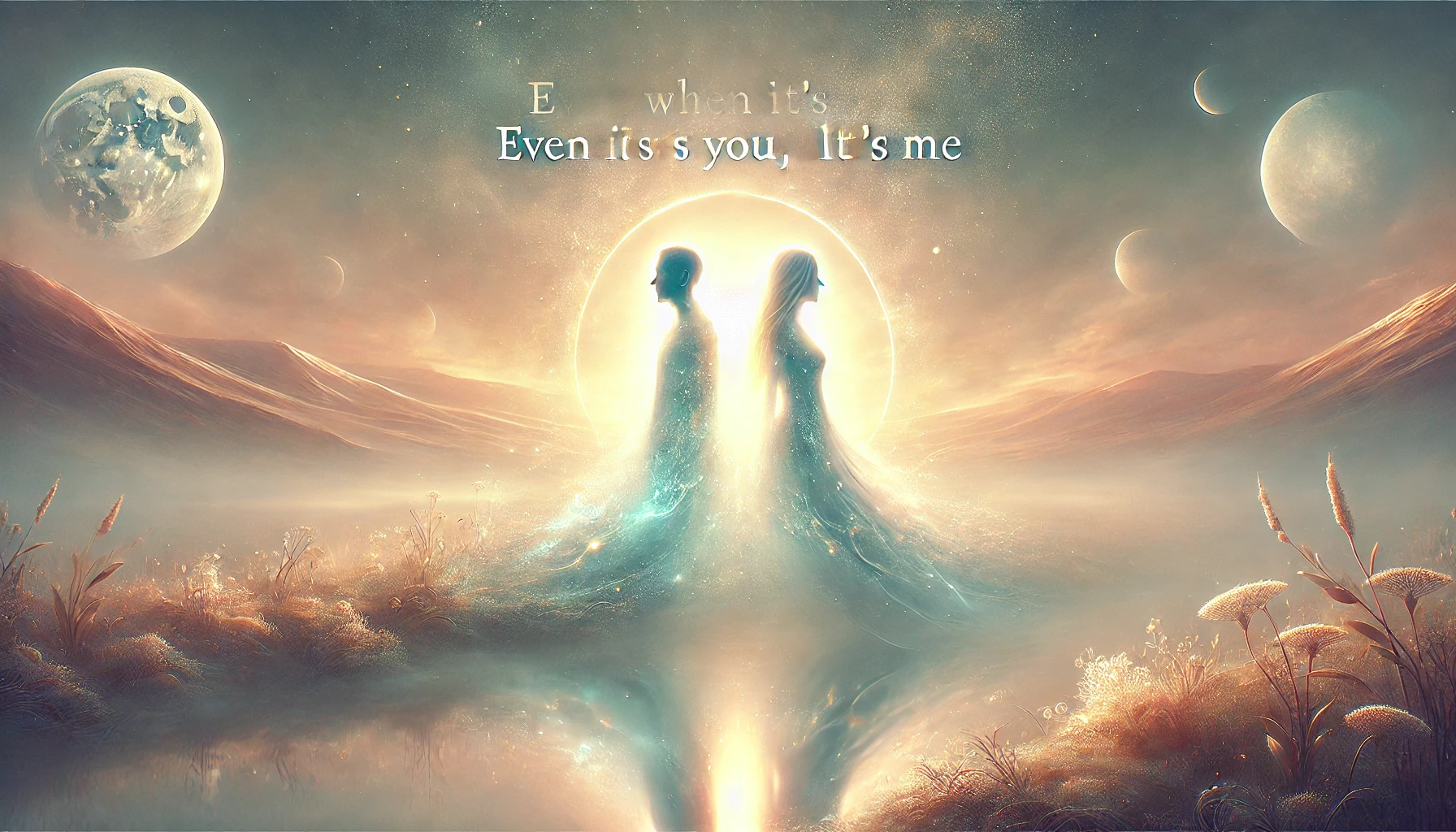
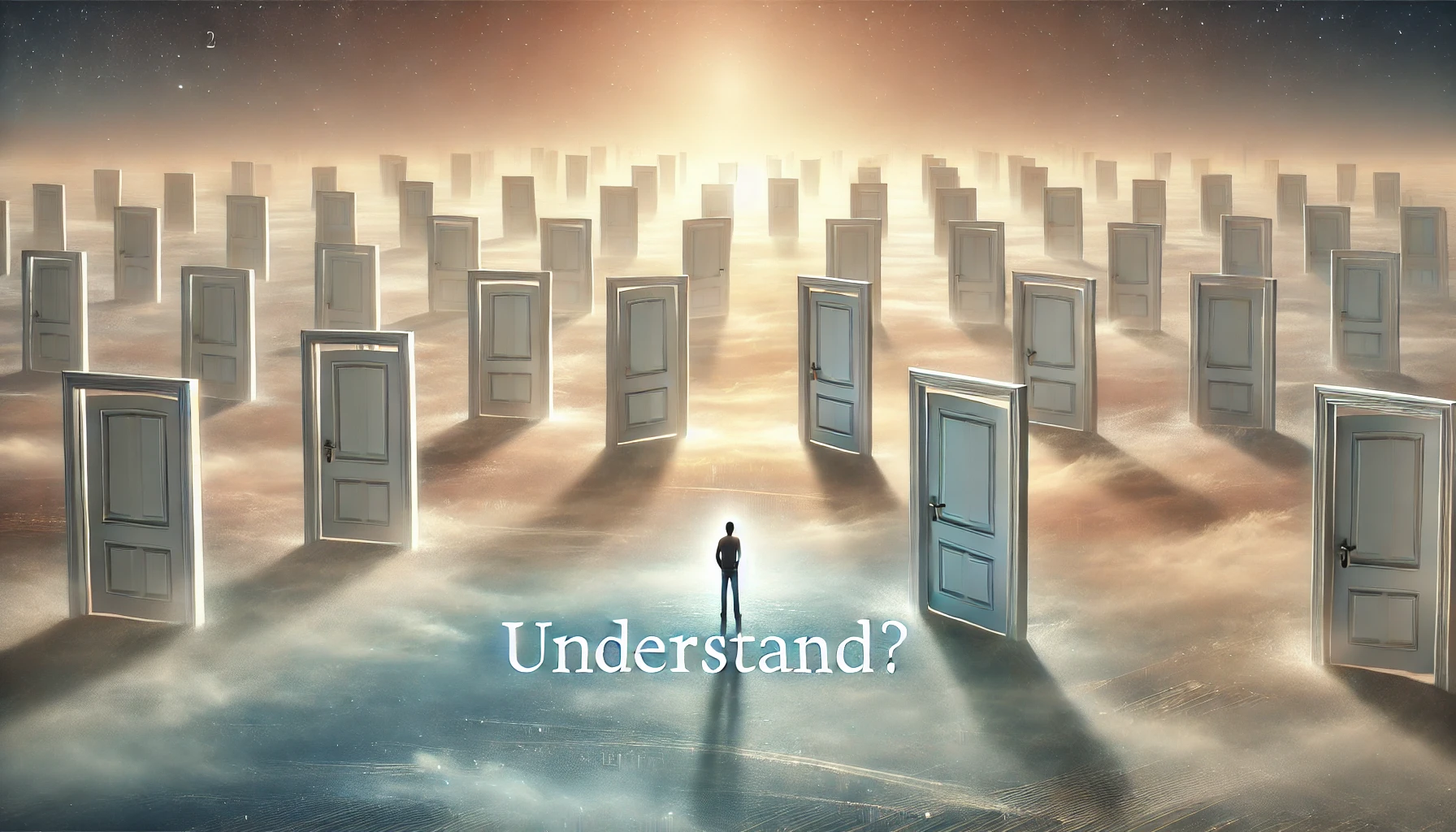







Leave a Reply